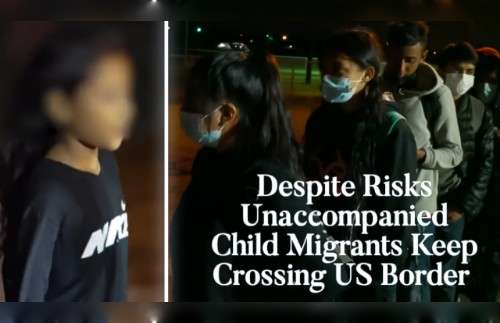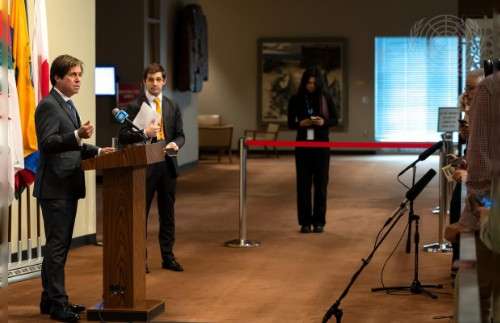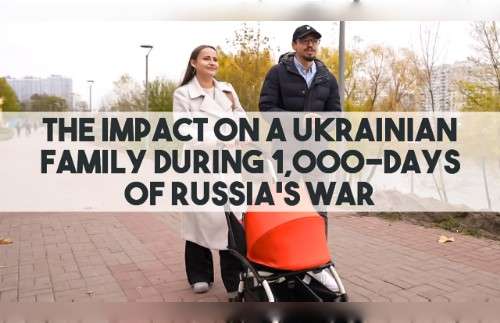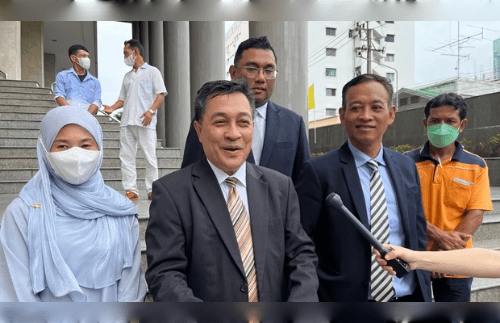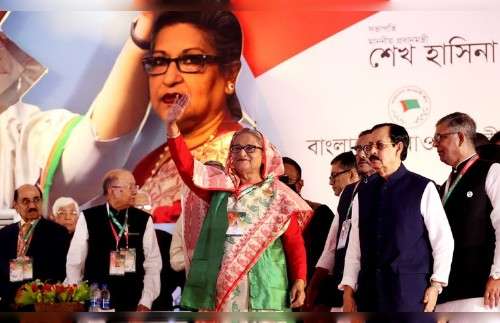By Richard Finney

Myanmar must address citizenship policies and other barriers to the return of ethnic Rohingya refugees who fled to Bangladesh three years ago to escape a deadly military crackdown on the Muslim minority, the U.N. refugee agency UNHCR said in a statement on Friday.
“Three years on from the latest exodus of Rohingya refugees who fled Myanmar and sought sanctuary in Bangladesh from August 2017 onwards, challenges persist and continue to evolve,” UNHCR said, noting that the worldwide COVID-19 pandemic “has added additional complexities.”
“The international community must not only maintain support for refugees and their host communities, but adapt to critical needs and expand the search for solutions,” the refugee agency said.
More than 740,000 Rohingya fled to southeastern Bangladesh from Myanmar after government security forces launched a brutal crackdown in August 2017 in the wake of deadly attacks by Rohingya insurgents on police and army posts in Rakhine state.
Various U.N. and international agencies and NGOs describe the campaign as ethnic cleansing, if not genocidal, and top Myanmar military figures have faced Western sanctions and war crimes charges in international courts.
In a precursor to the big exodus from the scorched-earth military campaign three years ago on Aug. 25, about 100,000 Rohingya also fled to Bangladesh after an army campaign in 2016.
Since then, over 860,000 Rohingya have been individually registered by UNHCR and the Bangladesh government as refugees in Bangladesh’s Cox’s Bazar refugee settlements alone, UNHCR said, adding that “Bangladesh has demonstrated a profound humanitarian commitment to Rohingya refugees,” ensuring their protection and extending humanitarian support.
Repatriation efforts fail
Myanmar and Bangladesh have tried twice to repatriate Rohingya refugees who fled during the 2017 crackdown, but their efforts failed after no one showed up at the border for re-entry processing. Rohingya refugees said they feared for their safety and didn’t see citizenship policy changes that would entice them back.
The Rohingya, a Muslim minority group in majority-Buddhist Myanmar, have long struggled against discrimination, being widely viewed as illegal immigrants from Bangladesh though many have lived in Myanmar for generations under ancient kingdoms in lands later conquered by the Burmese and which became part of the British Empire in the 19th century.
After the former Burma’s independence from Britain in 1948, Rohingya received National Registration Cards issued by the government that carried provided full citizenship rights.
But in 1982, Myanmar enacted a Citizenship Law that decreed that only members of the “national races” seen as having settled in Myanmar prior to beginning of British colonial rule in 1824 were entitled to citizenship. The Rohingya were not included among the 135 official ethnic groups and were suddenly excluded from full citizenship.
“Ultimately, the solution to the plight of the Rohingya lies in Myanmar,” UNHCR said, urging Myanmar’s full compliance with recommendations made by the Advisory Commission on Rakhine State, “to which the government of Myanmar has committed.”
Following a year-long review of ethnic strife in the western Myanmar state, the nine-member Commission led by late former U.N. Secretary General Kofi Annan called in August 2017 for a review of Rohingya citizenship rights, equality before the law, freedom of movement, and improved conditions in Rakhine allowing Rohingya to return.
“Creating conditions that are conducive to the Rohingya people’s safe and sustainable return will require whole of society engagement, resuming and enhancing the dialogue between the Myanmar authorities and Rohingya refugees,” UNHCR said.
Conditions not conducive to return
Conditions have not been conducive for a return to Rakhine State, which has since early 2019 become embroiled in a war between the ethnic Rakhine-based Arakan Army and the national army that has created 200,000 more internal refugees.
The state, a mix of river delta and hilly farmland the size of the Netherlands or the U.S. state of Maryland with a population of 3.2 million, has been scarred by sectarian violence between ethnic Rakhines and Rohingya Muslims since riots in June 2012 killed more than 200 people.
Most of the 120,000 Rohingya who were burned out of their homes in 2012 recently marked eight years in the roughly 14 camps that house the Muslims in the region around the state capital, Sittwe.
A fire on Friday in Ohndawgyi camp, one of the three largest Rohingya camps near Sittwe, destroyed more than 70 homes, according to Ba Sein, a Rohingya resident in the camp. The fire started from a home that was selling fuel, and burned for three hours, he said.
Copyright © 1998-2020, RFA. Used with the permission of Radio Free Asia, 2025 M St. NW, Suite 300, Washington DC 20036. https://www.rfa.org
Despite Risks,Unaccompanied Child Migrants Keep Crossing US Border
Mary Jane Veloso, a Filipina on Death Row in Indonesia,is Coming Home
Trapped in Lebanon, African Migrants Face Unemployment and Rockets
The Impact on a Ukrainian Family During 1,000-Days of Russia’s War
UN Security Council Meets to Discuss the Situation in Libya
Syrian Refugees in Lebanon Flee Bombs
AI Embraced by South African Universities,Seeing it as Equalizing Tool
Subscribe Our You Tube Channel
Fighting Fake News
Fighting Lies





